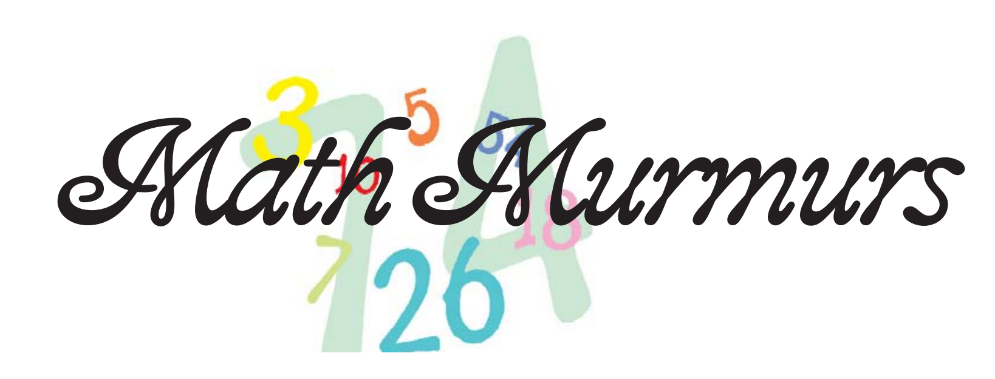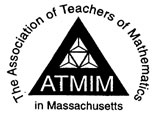Jass
Stewart from the Department of Elementary and Secondary Education will be
presenting at next week’s ATMIM Winter Conference on the developments in the next-generation
MCAS exams.
How did you get involved with DESE?
Jass Stewart: I was initially hired three years ago as the Consulting Project Manager for RETELL and PARCC. This work evolved into leading the communications effort for PARCC. When the board voted to transition from PARCC to the next-generation MCAS, I was put in charge of next-generation MCAS communications as well as coordinating the 15 workgroups tasked with developing the new assessments. At the same time, I was appointed Special Assistant to the Sr. Associate Commissioner to manage the strategic plan for the Office of Curriculum and Instruction.
What are your primary responsibilities at DESE?
JS: As the Special Assistant to the Chief of Staff in the Commissioner’s Office and Senior Strategist for Public Understanding and Engagement, my portfolio of work continues to be next-generation MCAS communications. In addition, this new role involves developing and leading the agency’s revamped communications strategy, with a new emphasis on building understanding and trust with parents, teachers, and the general public.
I see you have an exciting and diverse career history. How do your previous work experiences inform your approach to the field of education?
JS: My master’s degree is in education, and my entire career has intersected with some form of formal or informal education. My first job was at WGBH, the producer of the PBS television programs NOVA, Frontline, etc. I then moved to Blackside Productions, producer of the PBS documentary series Eyes on the Prize: America’s Civil Rights Years. I later ran a small educational media company, then worked at Big Picture Learning and Diploma Plus, both small school startup nonprofits. Before coming to the Department of Education, I worked at the workforce and education policy firm Jobs for the Future and served three terms as a City Councilor at Large in Brockton. I bring to my work at the Department a very diverse and eclectic view of education, which I believe broadens my thinking on how to best communicate our work to the field and the public—and how to listen to our stakeholders.
What do you feel is the most important change from the old MCAS tests to the Next-Generation MCAS?
JS: While the legacy MCAS has served Massachusetts well for nearly 20 years, the assessments were designed to ensure a basic level of knowledge and literacy for high school graduates – MCAS was never intended to measure college and career readiness. The next-generation MCAS is more strongly alignment to Massachusetts’ college/career learning standards and will be administered in a 21st-century format – on a computer.
This final question was answered by Mr. Stewart's Co-Presenter, Simone Johnson, Administrator for Mathematics Test Development, Student Assessment Services at the Department of Elementary and Secondary Education.
What question on math teachers’ minds do you hope to address in your keynote presentation at the ATMIM Winter Conference on January 12th?
Simone Johnson: Teachers want to know what makes the Next Generation Math MCAS different from the MCAS test in former years. With my keynote presentation I am hoping that I can highlight what is new, but also discuss what will remain the same. I will give an overview of the new items types, saving the details for the breakout session, and provide some insight into the test designs.

